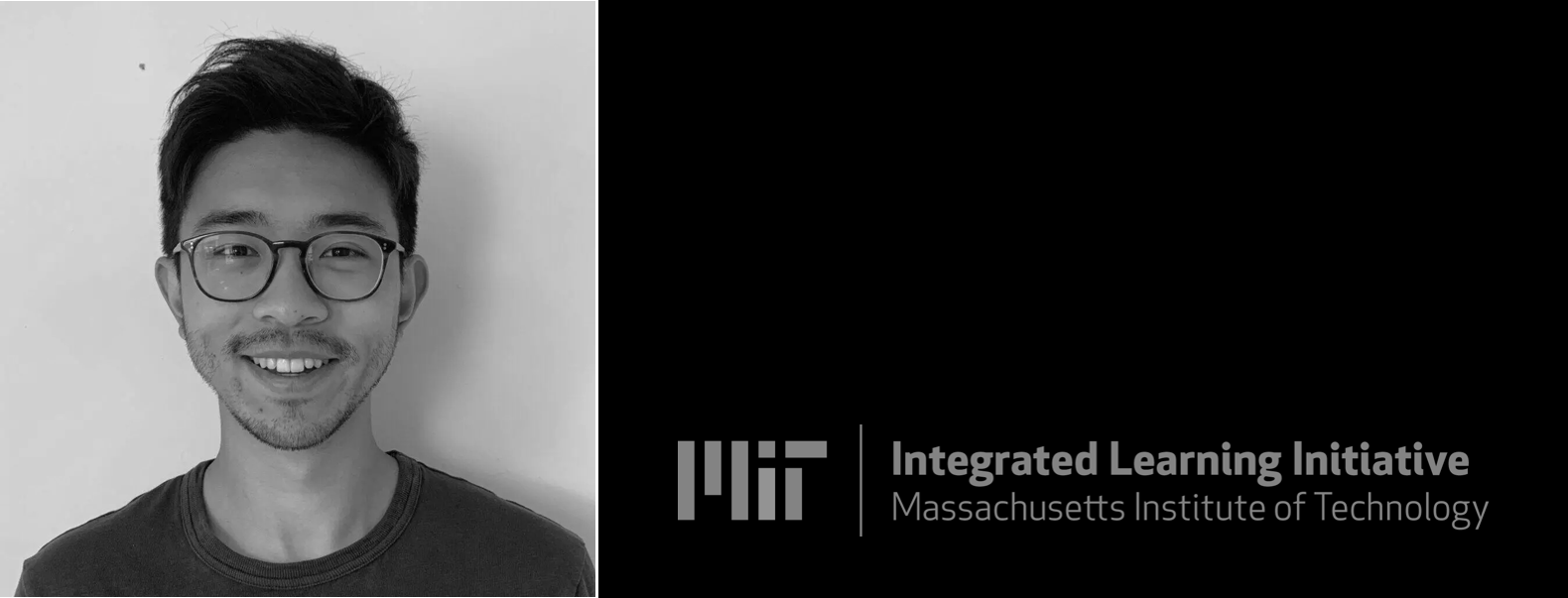
Raymond Han is a PhD student in the Department of Economics at MIT. His research interests include labor economics and the economics of education. Raymond first joined Blueprint Labs as a pre-doctoral fellow working for Professors Josh Angrist and Parag Pathak after graduating from the University of Chicago in 2018. He is currently involved in research studying college quality and the effects of financial aid.
Raymond is part of a research team that was recently awarded a MITili grant to help study the effects of Advanced Placement (AP) coursework on post-secondary achievement. Their work hopes to inform the active debate on the merits of AP courses and the content of high school curricula.
What initially drew you to study economics, and in particular the effects on education?
I’ve always been interested in what causes economic inequity and what society can do to address it. I was drawn to economics because I learned it provides tools to study the determinants of inequality in a rigorous and data driven way. And it’s pretty clear that a lot of what shapes inequality in the labor market is educational attainment. Meanwhile you hear the common refrain that the educational system is broken, or failing certain types of students. While that’s depressing on face, it’s also motivating as an aspiring economist, since I think evidence-based research is a first step for improving policy.
Most people don’t automatically associate economics with education, how can economists help make education more effective?
Of course economists aren’t involved in the day-to-day of the learning process the way teachers, parents, and school administrators are. What economists can do is to help practitioners decide what approaches are likely to work best. Economists set themselves apart in this role by focusing on causal effects. This focus on causality is especially important in education because there are so many factors that can affect student outcomes. Economists have been influential in developing statistical methods to tease apart the effects of educational interventions, like smaller class sizes or post-secondary scholarships, from these other factors. Over time, research accumulates and can hopefully influence the way educational institutions choose to design their programs and policies.
Tell us a little about your work with the Advanced Placement research you’re doing for MITili?
This is a project we’re working on in collaboration with MITili and Common App, a unified college application serving over 900 colleges and universities in the U.S. Our goal is to study how advanced high school coursework, like the College Board’s Advanced Placement program, helps shape what students study in college and their success in those fields. It’s important to understand how students choose what to study since the returns to college vary dramatically across fields of study. High school courses could play a big role in this since they give students a chance to learn about what they enjoy and excel at through experience. However, large-scale information on high school course-taking has been somewhat limited. Our project will try to shed light on these questions by taking advantage of data on high school coursework provided to Common App by college-going applicants.
How might education administrators better use economic research to make better decisions for their institutions?
Policymakers have to make policy within the realm of what is feasible given political and resource constraints, and they are better positioned than economists to tackle these practical challenges. However, the work that economists do can help policymakers choose between feasible alternatives. I think the key is for there to be an open dialogue between researchers and practitioners. This doesn’t always exist because it can be hard to get the word out about new findings to the right audiences. The emphasis that Blueprint Labs and MITili place on communicating research gives our work the best shot at making a difference.
What is your favorite thing about MIT?
I think the best part about MIT is just being a part of a community filled with extremely creative and driven people, and being able to learn from them on a daily basis. The environment at MIT is extremely supportive and collaborative, and there is a shared interest in important questions that crosses departmental and disciplinary lines. I think that’s what makes MIT special, and such a great place to be as a graduate student.